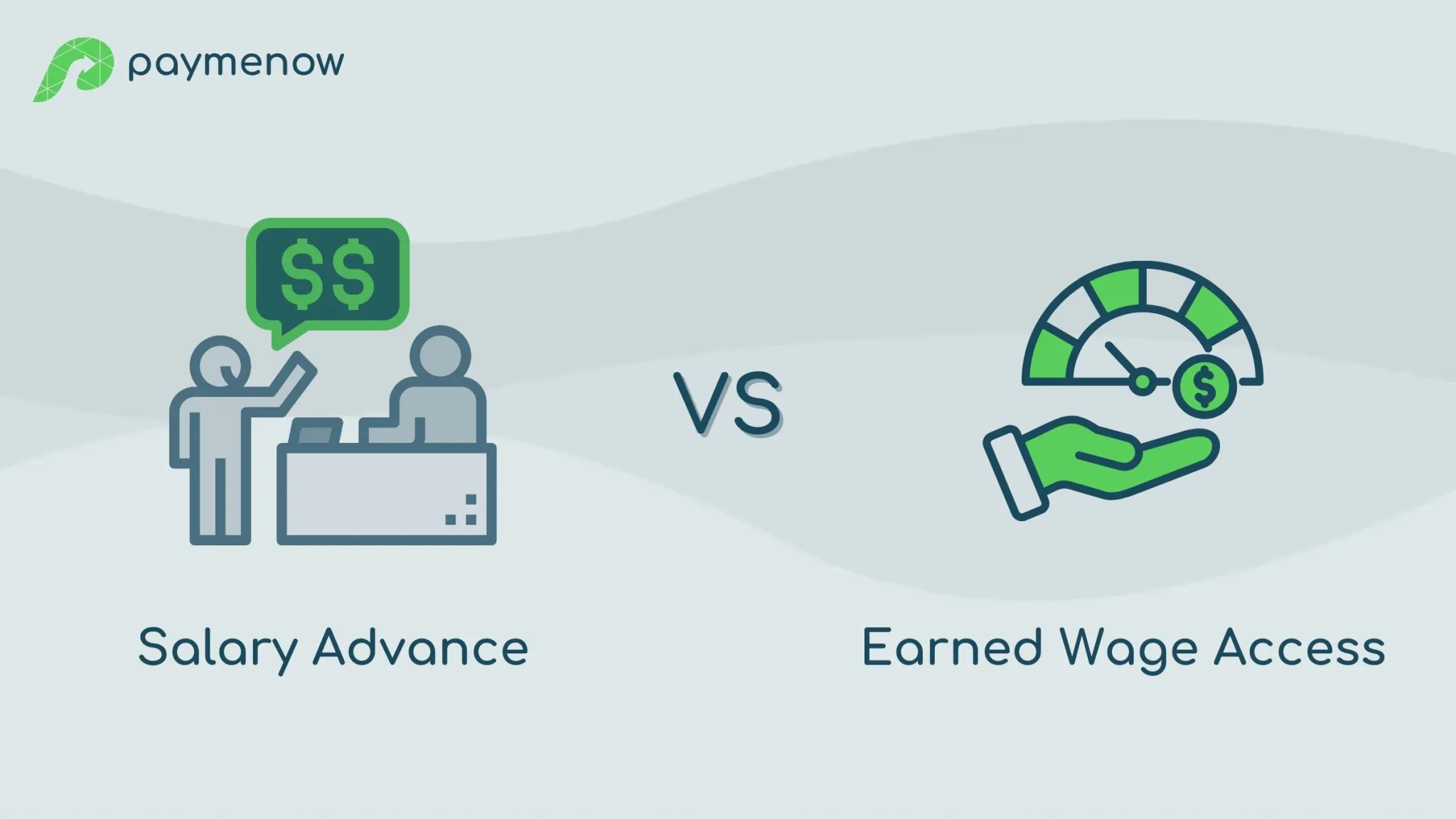Salary Advances versus Earned Wage Access: Factors To Consider

Companies recognise the need to assist employees with early access to wages, and therefore make salary advances available – Remchannel’s Quarterly Report for April 2024 lists advances as one of the three top ‘soft loans’ offered by 40.4% of participating employers. But there’s another alternative: earned wage access (EWA). EWA is also early access to one’s wages, but on an accrued basis rather than a lump sum. Here are a few things to consider when handling salary advance systems.
1. Avoid Favouritism
Perceptions of unfairness in the workplace are linked with higher turnover. This means salary advance systems – which usually require HR to sign off an approval – should not be a source of contention among your staff. But while we all strive to be impartial, everyone has off days and unconscious biases. This human factor may affect how an HR professional approaches an employee’s advance request, where some are approved but others arbitrarily declined (as employees may see it). It’s therefore vital any salary advance system is completely impartial.
Even strict selection criteria that require human intervention are at risk of favouritism. But with EWA, employees must simply meet criteria set by your company before they are granted responsible access to their wages. This takes the burden off the HR department completely.
2. Empower Your Employees
Asking someone for money is never a good experience. Even less so when it’s your HR professional, who may already have processed a few advance requests from you. To assist your employees get the cash they need without shame (which will likely affect their performance), consider an advance system that prioritises privacy. If you’re processing in-house advances manually, options include a system where employees can log requests online. But if you choose an EWA provider, employees can access money for emergencies in the privacy of their own homes, with nobody watching.
3. Choose The Least Labour-Intensive Option
Consider all the time spent on processing salary advances. These leave your HR team stressed over a continuous streak of awkward conversations about why employees need the money, how they’re going to repay it, why they haven’t repaid it yet, and so on. This is time that could be spent elsewhere. With EWA, the provider does the heavy lifting for you! All EWA advances are processed by the provider, and all you need to do is open the file automatically sent to you each month and complete the simple recon process. Just ensure you choose an EWA app which maintains a full transaction history on their platform, so any queries from your employees can be directed to the provider instead of HR.
4. Address Poor Financial Behaviour
Consider reducing the number of advance requests by implementing programs which address deeper financial issues. Financial difficulties usually have their roots in a lack of financial education, which facilitates poor financial behaviour. And while straightforward salary advances are a short-term fix for financial difficulties, and keep employees away from exploitative loans, they do not encourage behavioural change. This means advance requests will just keep coming.
On the other hand, both objectives (assisting employees and changing behaviour) can be met with earned wage access. Platforms such as Paymenow include free financial literacy training as a core part of their offering. The more users upskill themselves through these educational resources, the greater access to cash they earn. They are also further rewarded with lower fees. This incentive structure encourages better financial habits and behaviour in the long term, empowering employees to break the cycle of living paycheque-to-paycheque and build financial resilience.
5. Choose The Option With The Most Benefits
Salary advances and EWA both have benefits. Both can boost retention and increase staff loyalty. But while salary advances primarily benefit employees, EWA has been shown to bring various benefits to the company as well. For example, according to a Hanover Research study*, 96% of companies which offer EWA believe it assists in recruitment efforts by providing an attractive financial wellness benefit. Moreover, 95% of companies with an EWA offering also believe it has a positive effect on employee retention and engagement. By helping workers avoid financial stress and giving them a sense of security, EWA increases job satisfaction. This also translates to greater employee loyalty – meaning your staff will stay around longer.
*Source: Hanover Research. “Earned Wage Access and Employee Experience.” Accessed May 2024.
Conclusion
Salary advances and earned wage access are similar concepts, and both offer a range of benefits. However, earned wage access presents some compelling advantages over traditional salary advances. While advances require HR involvement that risks favouritism, EWA operates through impartial criteria. Advances can burden HR with arduous processes, whereas EWA providers handle the logistics. And while advances are a short-term fix, EWA platforms promote lasting financial education and behavioural change through literacy resources and incentives.
That said, salary advances are common practice, and some companies may prefer retaining full control in-house. Ultimately, companies must weigh the benefits of EWA, such as supporting recruitment, retention, engagement and wellness, against the familiarity of salary advance systems. For organisations looking to comprehensively address financial strain while fostering lasting financial resilience, earned wage access may prove the more robust solution.